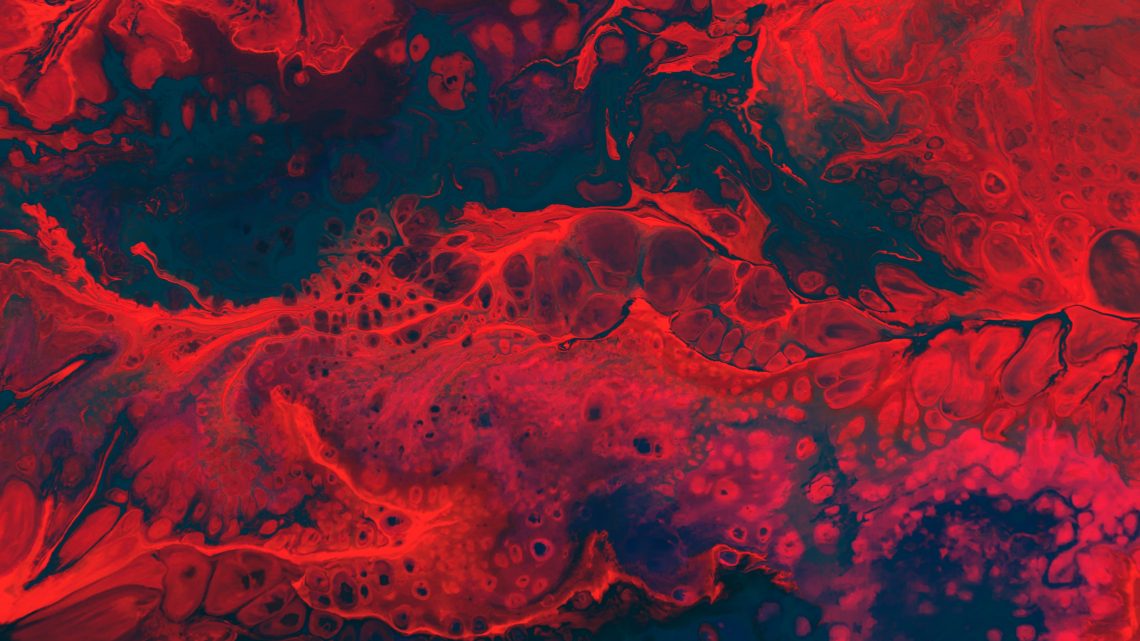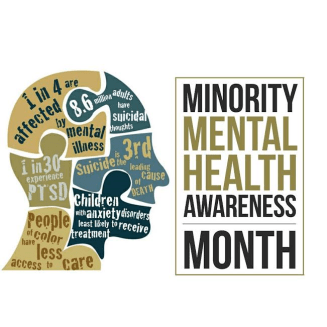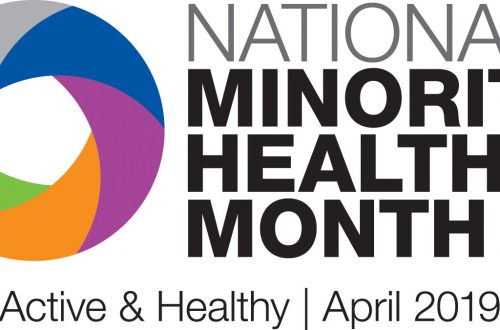
June 27th National HIV Testing Day
Today, in honor of National HIV Testing Day, Bold Kulture Beauty encourages everyone to get tested for HIV. HIV (human immunodeficiency virus) is the virus that causes AIDS.
Did you Know:
- Blacks/African Americans account for a higher proportion of new HIV diagnoses and people living with HIV, compared to other races/ethnicities.
- In 2017, blacks/African Americans accounted for 13% of the US population but 43% (16,694) of the 38,739 new HIV diagnoses in the United States and dependent areas.
- 73% (12,237) of adult and adolescent blacks/African Americans who received an HIV diagnosis were men and 26% (4,397) were women.
New HIV Diagnoses in the US and Dependent Areas for the Most-Affected Subpopulations, 2017

The only way to know if you have HIV is to get tested. Many people with HIV don’t have any symptoms. In the United States, 1 in 7 people living with HIV don’t know they have it.
Even if you don’t feel sick, getting early treatment for HIV is important. Early treatment can help you live a longer, healthier life. Treatment can also make it less likely that you’ll pass HIV on to other people.
Am I at risk for HIV?
HIV is spread through some of the body’s fluids, like blood, semen (cum), vaginal fluids, and breast milk. HIV is passed from one person to another by:
- Having sex (vaginal, anal, or oral) without a condom or dental dam with a person who has HIV
- Sharing needles with someone who has HIV
- Breastfeeding, pregnancy, or childbirth if the mother has HIV
- Getting a transfusion of blood that’s infected with HIV (very rare in the United States)
Under the Affordable Care Act, the health care reform law passed in 2010, insurance plans must cover HIV testing. HIV counseling is covered for women who are sexually active. Talk to your insurance company to learn more.
Free HIV testing is also available at some testing centers and health clinics.
Healthy bodies are beautiful bodies. Please take the time to be aware of the different issues that may affect you and make a conscious effort to prevent them. For more information please visit The Center for Disease Control’s (CDC) website: https://www.cdc.gov/hiv/group/racialethnic/africanamericans/index.html
Check out the link below for a fact sheet on African Americans and HIV https://www.cdc.gov/hiv/pdf/group/racialethnic/africana




